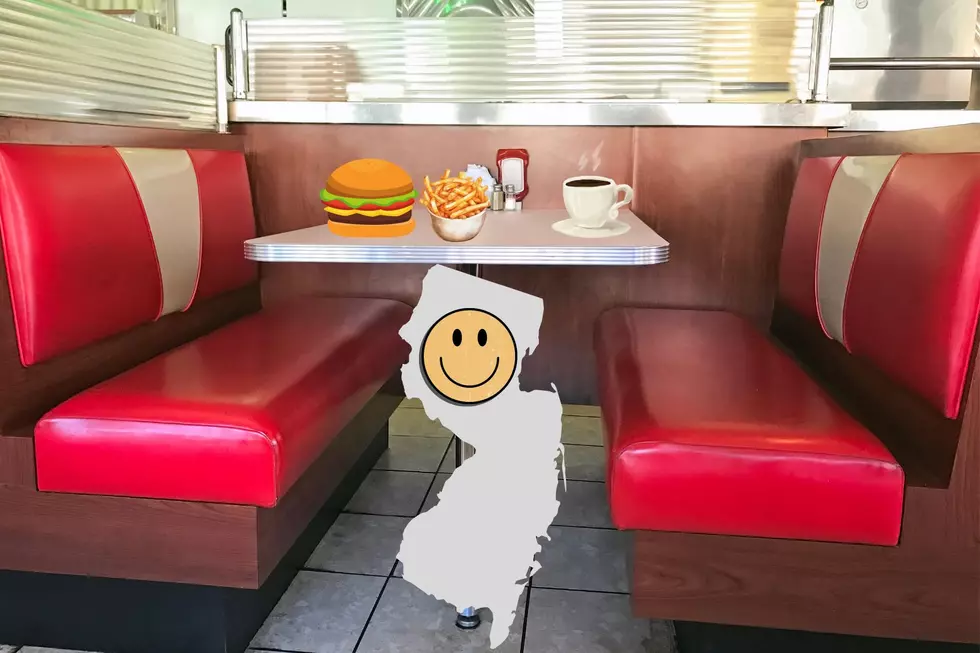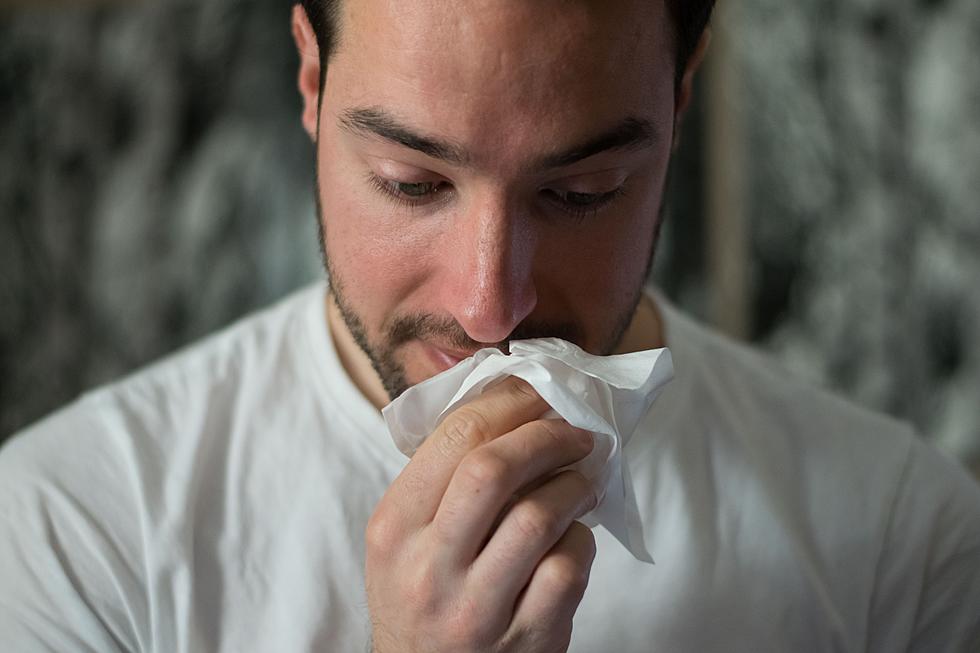![New Wrinkle In State’s Healthcare Disaster Response [AUDIO]](http://townsquare.media/site/394/files/2013/01/health-dept-event.jpg?w=980&q=75)
New Wrinkle In State’s Healthcare Disaster Response [AUDIO]
Strengthening New Jersey's health and medical response in the event of another disaster. That's the purpose of a series of roundtable discussions being held by State Health Commissioner Mary O'Dowd.
She says the overall goal is to find out what worked and what didn't during Superstorm Sandy and what can be done to improve prepardness.
O'Dowd says initial findings show that hospitals are very well prepared for disasters and responded well during the super storm but they were not prepared for the overwhelming pressure from unprepared individuals who filled their facilities.
"One of the things that we identified though is that they were under severe stress from the community who wasn't as well prepared."
O'Dowd says the hospitals were dealing with an increased volume of patients.
She says, "Initial findings show that many of these patients did not necessarily need emergency care but because they didn't have power at home and they didn't know where to go for help, they were coming to emergency departments unnecessarily to either have an opportunity to plug in to an oxygen tank because they didn't have any electricity at home or they ran out of their maintenance medications and were coming to the hospitals in order to refill their prescription."
She says they'll be working with local partners to identify alternatives to help and support the public to prevent them from filling area hospitals.
O'Dowd says they're also learning that hospitals need to factor in the long-term needs of their staff following an disaster as well. She says most hospitals have the ability to house their staff for up to 72 hours but she says it's a good idea to incorporate into a facility's future plans ways to support their employees for extended period of time if they're unable to either get home or take care of themselves.
Wednesday, Commissioner O'Dowd held the first of a series of roundtable discussions at Ocean Medical Center in Brick Township NJ. She also toured some of Ocean County's hardest hit areas. She praised the work of Ocean County Health Officials to provide medical services at temporary emergency shelters and vaccines to first responders and disaster survivors who had exposure to high risk areas.
O'Dowd says the next roundtable will be held in Hudson County in February, Monmouth County in March and Bergen County in April. She says following these roundtables they'll be drafting an 'After Action' report for internal review that will become publicly available but she says they're hoping individuals who are hosting these roundtables will take back what they hear and work on their own preparedness plan to improve their response for the future.
More From 92.7 WOBM










